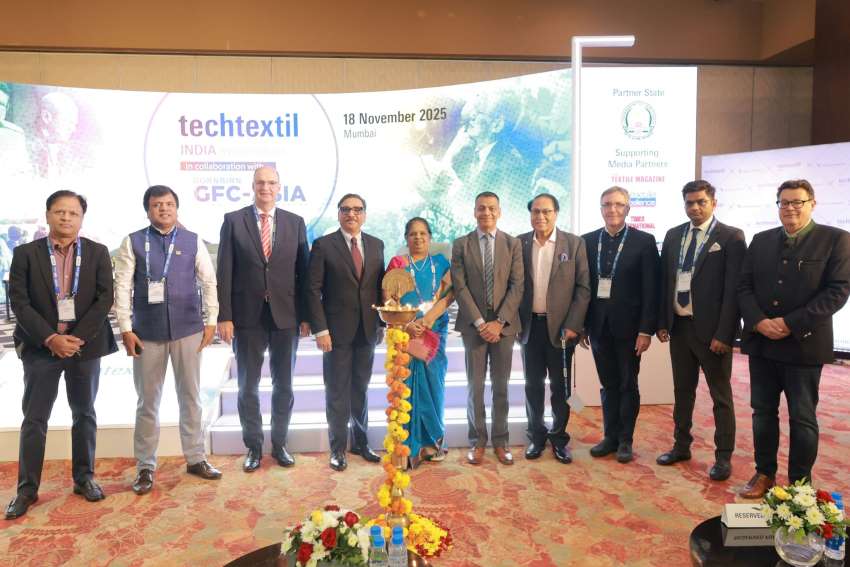Underdeveloped infrastructure, restrictive environment and a lack of trade agreement with key markets have been identified as the main reasons for the unsatisfactory foreign direct investment (FDI) inflow in the Indian textile sector, says a recent study commissioned by the Indian ministry of textiles. Stringent labour laws were also cited as one of the major challenges that hamper the FDI inflow.
In order to attract large scale investments, acquire global scale and bring India at par with other competing countries, there is an immediate need to review the labour laws to make them investor and labour friendly, adds the study. Labour laws restricting women from working in night shifts and the Industrial Dispute Act, 1947 that stipulates that companies employing over 100 people must obtain necessary approvals for lay-offs need to be amended to rectify the situation. Despite India offering a large domestic market, competitive labour costs and a well working democracy, its performance in attracting FDI flows has been far from satisfactory. The country's weakness lies in underdeveloped infrastructure and restrictive operative environment and lack of trade agreement with key markets, notes the study.
Apparel and textile exporting nations like Bangladesh, Vietnam, Turkey, Cambodia and Pakistan have duty advantage ranging from 10 to 30 per cent for different products in the US and EU markets. This advantage enables them to achieve exports growth rates higher than that of India, according to media reports.












